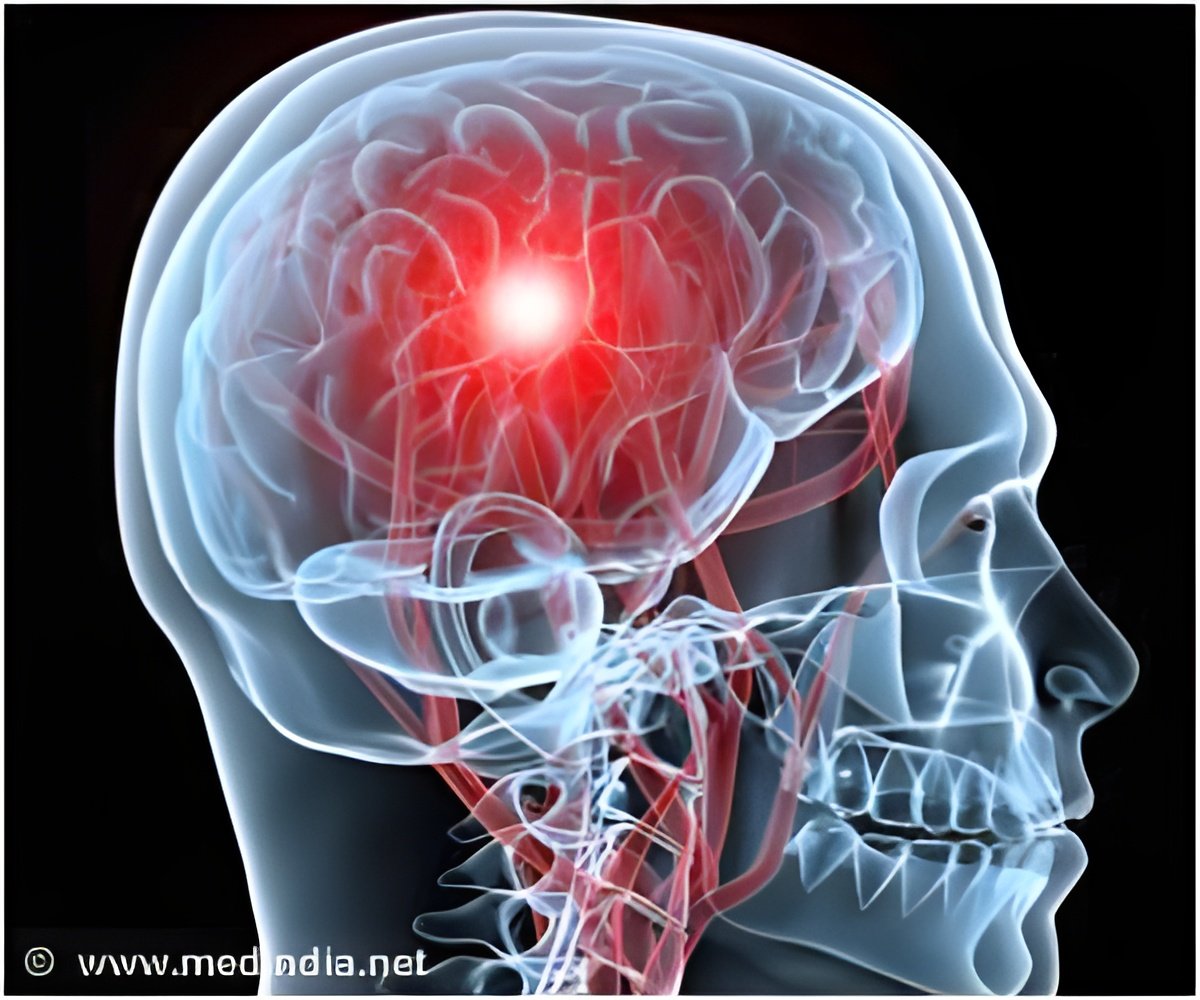A new research revealed how intravenous magnesium treatment given to stroke patients to protect the brain cells deprived of oxygen failed to improve stroke-related disability 3 months later

"We hoped magnesium would be beneficial, but in any case the study was a success in demonstrating we can get a drug to patients in this early time frame when there is the greatest amount of threatened brain tissue that might still be saved. There are lots of other promising agents in the pipeline that could be helpful and we now have a system for testing and using them," said Jeffrey L. Saver, M.D., principal investigator and professor of neurology and director of the stroke center at UCLA.
Currently, the only immediate treatment for clot-caused strokes is the clot-dissolving medication tissue plasminogen activator (tPA). However, this drug can't be given until the patient arrives at the hospital and a clot is confirmed by CT scan or other imaging.
"Giving tPA in the ambulance before brain imaging is not an option – it could harm patients having a bleeding type of stroke. Neuroprotective drugs can be delivered in the field as they are safe for both types of stroke," Saver said.
The Field Administration of Stroke Therapy – Magnesium Phase 3 Clinical Trial (FAST-MAG) tested whether IV magnesium, a potential neuroprotective agent, could be delivered in a timely manner and was effective in improving the neurological outcome of patients. Magnesium was chosen because, in animal studies, it dilates blood vessels in the brain, increasing blood flow, and counters the dangerous calcium overload that occurs in cells that are deprived of oxygen. In smaller human trials, magnesium given up to 12 hours after a stroke showed neither harm nor benefit overall, but there were indications that it was helpful in the small number of patients who received it within a few hours of stroke onset.
In the current study, IV magnesium proved to be safe, resulting in no more serious adverse reactions than placebo infusions. However, there was no benefit in outcome. Ninety days after the stroke, the average level of disability in both magnesium and placebo patients was 2.7 on the modified Rankin scale, indicating between a slight and moderate level of disability in which patients are unable to carry out their previous activities without assistance.
Advertisement
In the study, the median time for receiving treatment was 45 minutes after symptoms began, and 74 percent of patients were started on treatment within an hour.
Advertisement
"Similarly the National Institute of Neurological Disorders and Stroke (NINDS) is extremely grateful to the investigators, emergency medical technicians, and patients who participated in this landmark study demonstrating how to test therapies in stroke patients before they arrive at the hospital," said Walter Koroshetz, M.D., Deputy Director of the NIH NINDS, the sponsor of the FAST-MAG study. "NINDS has just set up a new national stroke trials network which can incorporate the lessons learned in FAST-MAG, but also increase the likelihood that the treatments we test will improve patients' lives."
Source-Eurekalert














